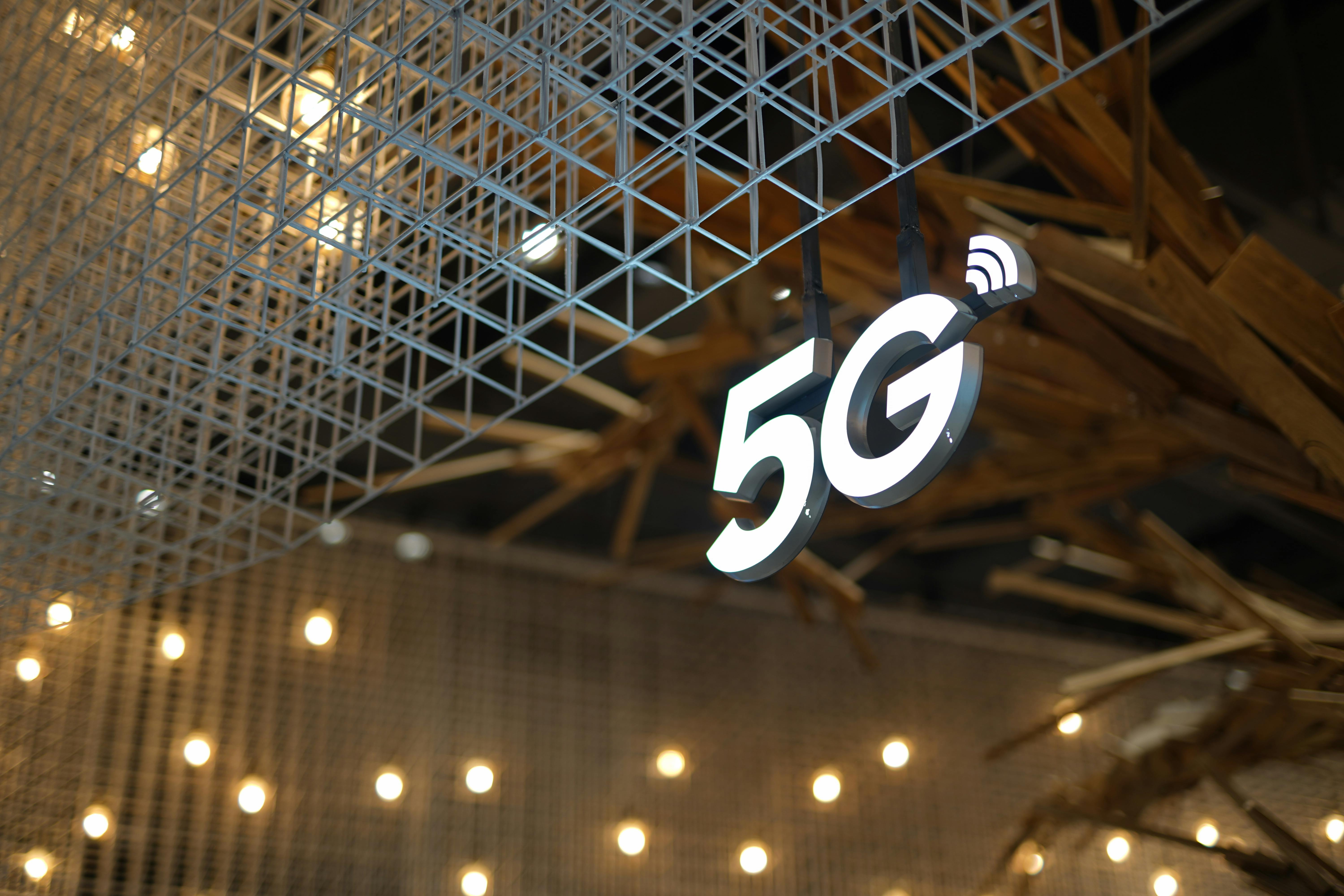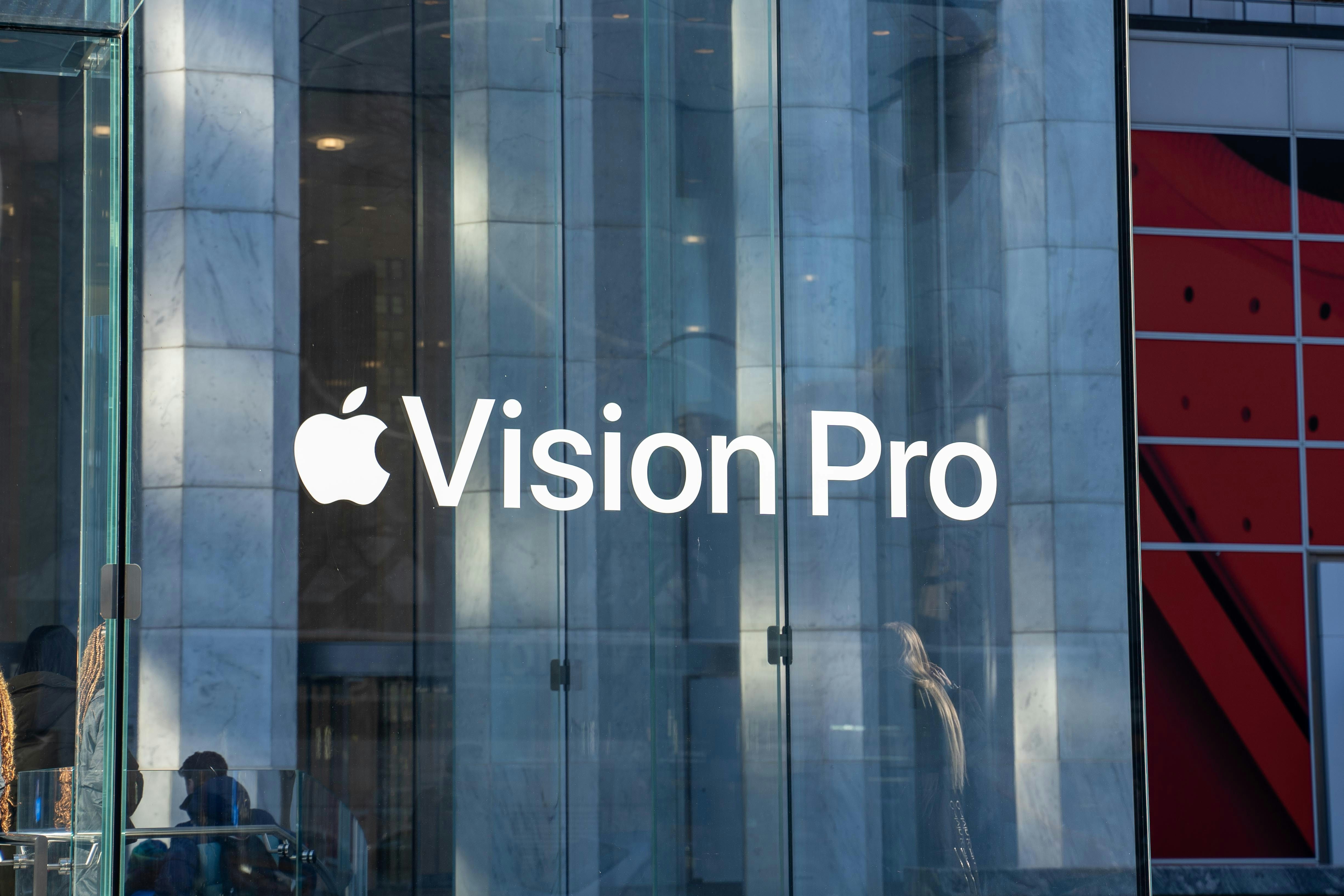Welcome to the era of 5G, the latest advancement in wireless technology that's poised to revolutionize our digital landscape. Imagine our current internet capabilities, but significantly enhanced. That's the essence of 5G. As the fifth generation of wireless technology, it promises to transform how we connect and interact with the digital world. From remarkably fast data transfers to enabling smart cities, 5G is set to be a game-changer. But what are the practical implications for individuals and society? How will it influence our daily routines? Let's explore the transformative ways 5G is reshaping our world, one connection at a time.
Enhanced Mobile Connectivity
Let's begin with the most immediate impact, which is mobile connectivity. The days of waiting for videos to buffer or large files to download are coming to an end. With 5G, we're looking at download speeds that could make current 4G networks seem glacial in comparison.

Photo by Andrea Piacquadio / Pexels
But it's not just about speed. The quality of our communications is set to improve dramatically. Video calls will become more lifelike, with crystal-clear images and seamless audio. This enhanced quality will make remote communications feel more personal and effective.
For content creators and social media enthusiasts, 5G means near-instantaneous uploads. This capability could lead to more real-time content sharing and new forms of mobile-first media.
Internet of Things (IoT) Revolution
5G is set to be the backbone of the Internet of Things (IoT), bringing us closer to the reality of truly smart homes and cities. In our homes, appliances will be more interconnected and responsive. Imagine a refrigerator that can inventory its contents and automatically order groceries when supplies run low, or a heating system that learns your preferences and adjusts accordingly.
On a larger scale, 5G will enable smarter, more efficient cities. Traffic management systems could adapt in real-time to reduce congestion, waste management could become more efficient with smart bins signaling when they need emptying, and energy usage could be optimized with intelligent streetlights.
In the automotive sector, 5G will play a crucial role in the development of connected and autonomous vehicles. Cars will be able to communicate with each other and with infrastructure, potentially reducing accidents and improving traffic flow.
Healthcare Transformation
The potential of 5G in healthcare is particularly exciting. It could enable remote surgeries, where a specialist could operate on a patient from thousands of miles away, thanks to minimal latency and high-definition video feeds.
For everyday healthcare, 5G could facilitate more effective remote patient monitoring. Wearable devices could transmit real-time health data to healthcare providers, allowing for early intervention and more personalized care.
In rural areas, 5G could bridge the healthcare gap by enabling high-quality telemedicine. Patients could consult with specialists without the need for long-distance travel, potentially improving healthcare outcomes in underserved areas.
Education and Remote Learning
5G is poised to transform education by enabling more immersive and interactive learning experiences. Virtual and augmented reality applications could bring abstract concepts to life, allowing students to explore historical sites, conduct virtual science experiments, or manipulate 3D models in real-time.
For students in remote areas, 5G could provide access to educational resources on par with their urban counterparts, helping to level the playing field. High-speed, low-latency connections could make distance learning more engaging and effective.
Adult education and skill development could also benefit. 5G could enable more sophisticated online courses with real-time interaction and feedback, making lifelong learning more accessible and engaging.
Entertainment and Media
The entertainment industry stands to be significantly impacted by 5G. Streaming services will be able to offer higher quality content with less buffering. 4K and even 8K video streaming could become commonplace, providing viewers with an unprecedented level of detail and immersion.

Photo by Oladimeji Ajegbile / Pexels
Gaming is another area where 5G could bring major changes. Cloud gaming services could become more viable, allowing users to play graphically intensive games on mobile devices. The low latency of 5G could also improve multiplayer gaming experiences.
Perhaps most excitingly, 5G could usher in new forms of interactive and immersive entertainment. Augmented and virtual reality experiences could become more sophisticated and accessible, potentially changing how we consume media and attend events.
Business and Industry
In the business world, 5G is set to enable more efficient and flexible work practices. Remote work could become smoother and more productive with high-quality video conferencing and faster file transfers. This could lead to more distributed workforces and new approaches to office design.
In manufacturing, 5G could power the next phase of industrial automation. The high bandwidth and low latency of 5G could enable more sophisticated robotics and real-time monitoring of production lines, potentially increasing efficiency and reducing downtime.
5G is also likely to enable new business models and services. From more personalized advertising to advanced drone delivery services, businesses will have new tools to innovate and meet customer needs.
Transportation and Infrastructure
The transportation sector is another area where 5G could bring significant changes. It's a key enabler for autonomous vehicle technology, providing the high-speed, low-latency connections needed for vehicles to communicate with each other and with infrastructure in real-time.
Public transportation could also be transformed. 5G could enable more responsive and efficient systems, with routes and schedules optimized based on real-time demand and traffic conditions.
In urban planning, 5G could facilitate smarter management of infrastructure. From adaptive traffic lights to more efficient energy grids, cities could become more responsive to the needs of their inhabitants.
Challenges and Concerns
While the potential benefits of 5G are significant, it's important to acknowledge the challenges and concerns associated with this technology.
Privacy and security are primary concerns. With more devices connected to the internet, there's an increased risk of data breaches and cyber attacks. Robust security measures will be crucial to protect personal and sensitive information.
There are also ongoing discussions about potential health effects of 5G technology. While current research doesn't indicate significant health risks, continued study and monitoring will be important as the technology becomes more widespread.
Finally, there's the issue of digital inequality. The rollout of 5G requires significant infrastructure investment, which may not be economically viable in all areas. This could potentially widen the digital divide between urban and rural areas, or between different socioeconomic groups.

Photo by Oladimeji Ajegbile / Pexels
As we've explored, 5G technology is set to touch nearly every aspect of our lives, from how we communicate and work to how we access healthcare and education. It's not merely about faster internet; it's about creating a more connected and responsive world.
While there are challenges to address, the potential benefits of 5G are substantial. We're on the cusp of a more connected, efficient, and innovative era.
As 5G continues to roll out, we can expect to see gradual but significant changes in our daily lives. The full potential of this technology will likely unfold over time, with new applications and use cases emerging as the technology matures.
One thing is certain – the future of connectivity is rapidly approaching. With 5G, we're better equipped to meet the challenges and opportunities of an increasingly digital world. As we move forward, it will be fascinating to see how this technology shapes our society and opens new possibilities for innovation and progress.






